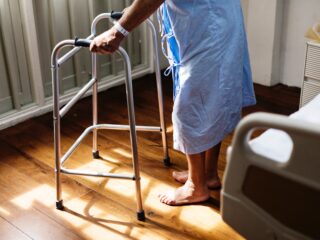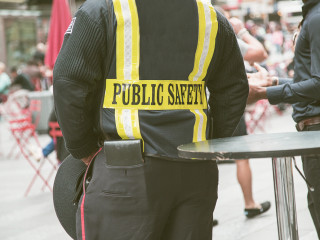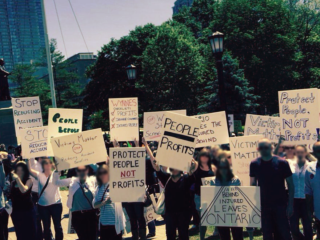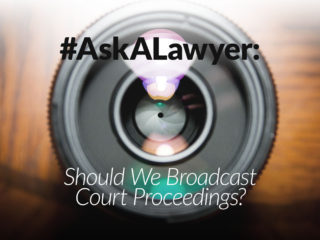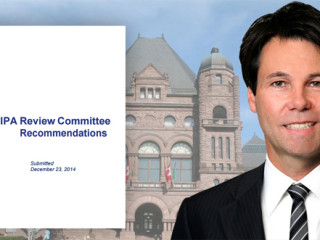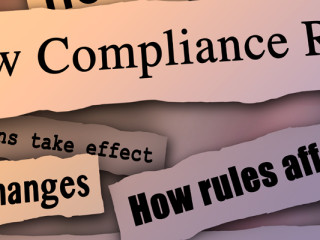This case involves a motion brought by the plaintiff for production of the records of the assessment centre and the doctor they hired to prepare a defence medical report.
The plaintiff was injured in two collisions, one in July 2014 and one in January 2015. She claimed the accidents caused her chronic pain and major depression and that she was unable to return to work. The plaintiff’s accident benefit carrier found her to be catastrophically impaired.
One of the defendants asked the plaintiff to undergo an orthopaedic assessment with Dr. Finkelstein, which was set up through HVE Healthcare Assessments (“HVE”). Dr. Finkelstein’s report concluded that the plaintiff was not permanently injured, that she could return to work and, most importantly, that she put forth a “volitional attempt to overstate her disability and pain.” This conclusion was based mostly on surveillance tapes showing the plaintiff shopping, doing some gardening and walking her dog.
Following the pretrial, the plaintiff asked for information regarding HVE’s involvement in the preparation of Dr. Finkelstein’s report. The defence refused to provide any answers and, in addition, also refused to allow the plaintiff to conduct a Rule 39.03 examination of HVE or Dr. Finkelstein. This motion then ensued.
The defence opposed the motion, arguing that the documents in question are covered by litigation privilege and should not be ordered produced while the plaintiff’s position was that litigation privilege must yield to the principle of fairness and, as such, the records should be produced.
Price J. started the legal analysis with the proposition that litigation privilege does not operate in a vacuum and, must in fact, yield to the requirements of Rule 33.06 (medical examination of parties) and 53.03 (expert witnesses). While litigation privilege creates “a zone of privacy in relation to pending or apprehended litigation,” it “must yield to the need for fairness in appropriate circumstances…”. ‘Appropriate circumstances’ include instances where litigation privilege could be used “to shield improper conduct” or where there is a ”reasonable suspicion” that counsel improperly influenced an expert. Price J. quotes extensively from

